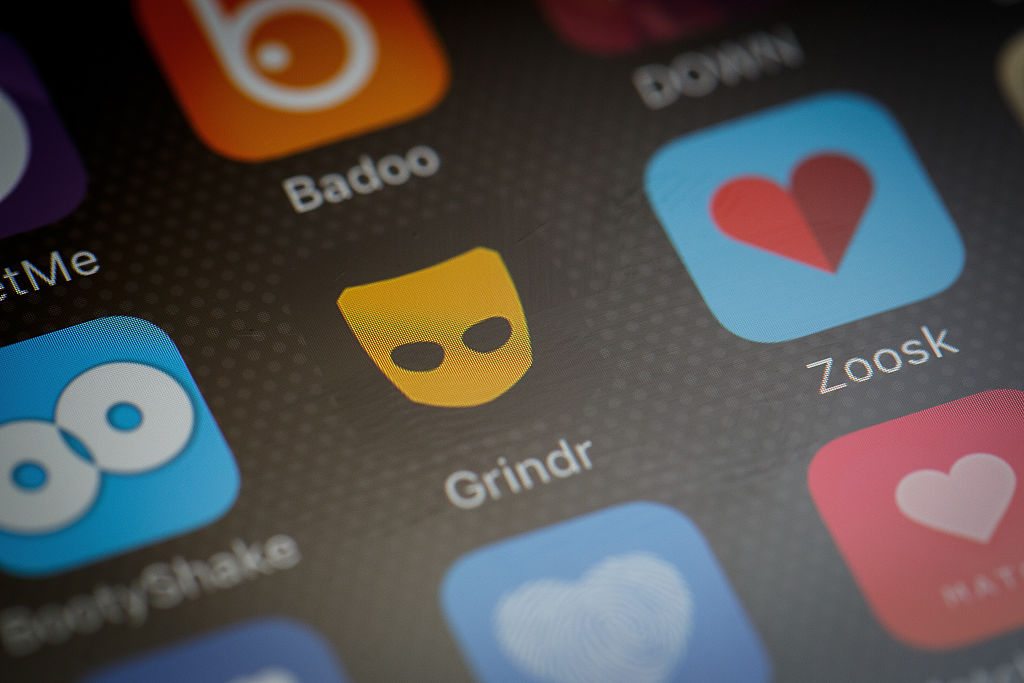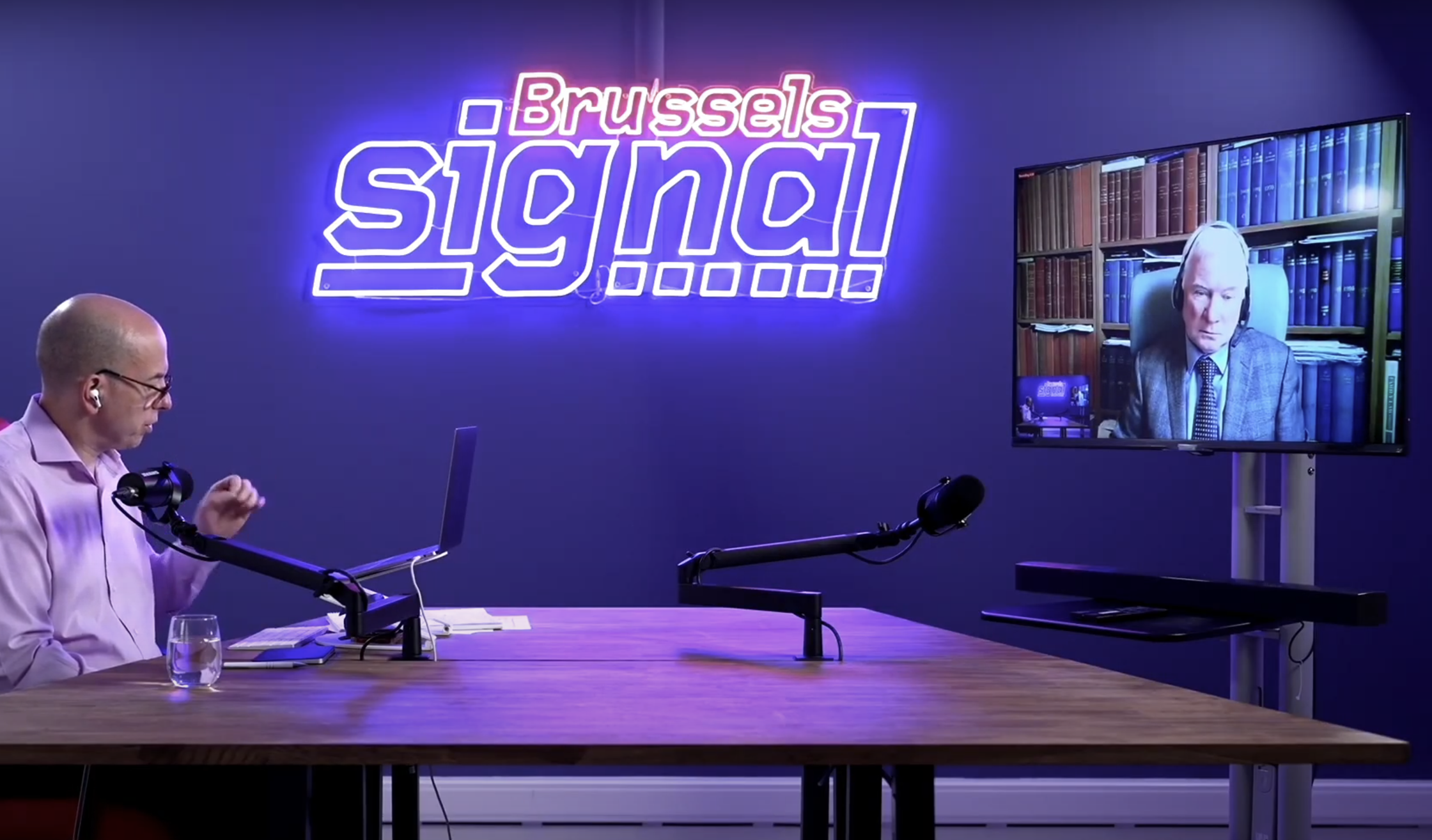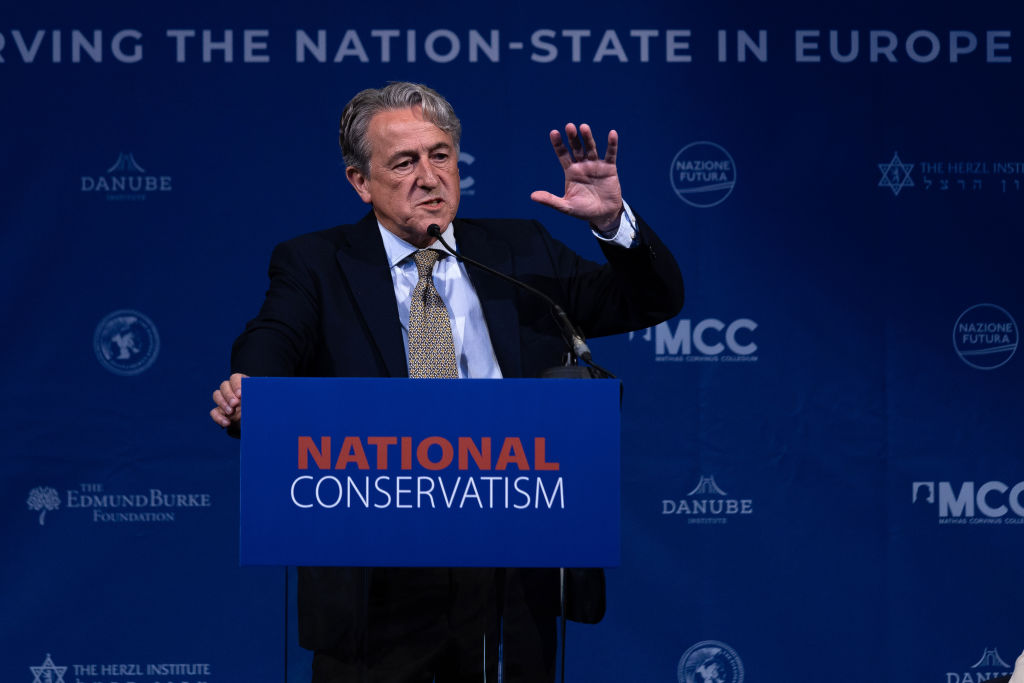Facebook owner Meta has been fined almost €28,000 after it censored a right-wing MEP in Belgium.
The Ghent Court of Appeal ruled on June 3 that Meta unfairly limited the reach of Vlaams Belang’s Tom Vandendriessche in 2021 with a so-called “shadowban” over allegations of hate speech.
Meta alleged that the MEP was also guilty of supporting so-called “dangerous individuals” and “hate organisations”, as well as of cases of bullying and harassment, with the social media firm also limiting his ability to advertise on the platform as a result.
According to the court, Meta was unable to provide sufficient evidence that the Vlaams Belang lead candidate actually engaged in the activities they accused him of.
It also found that the company had profiled the politician based on his right-wing political beliefs, a process that is forbidden under the European Union’s GDPR regime.
This latter violation prompted the court to award Vandendriessche €27,279 in compensation, with the sum designed to cover the additional advertising costs the MEP incurred due to the shadowbanning.
A further €500 was also awarded to the politician to compensate for any damage Meta had done to his reputation.
The court ruled that an additional claim by Vandendriessche that his Facebook page continued to be secretly shadowbanned following 2021 — despite claims to the contrary by Meta — could not be proven.
The European Commission has launched a formal investigation into Meta for allegedly breaching the Digital Services Act. https://t.co/yjwNdRwcBc
— Brussels Signal (@brusselssignal) May 17, 2024
Vandendriesche hailed the ruling as an “important step for protecting freedom of expression on social media”.
“Anonymous technocrats should never dictate what can be said and heard,” he said.
“I hope that this ruling makes it clear to Facebook that they can no longer censor me, and many citizens with me, without consequences.”
The right-wing politician went on to express concern that companies such as Meta were having an undue effect on democracy.
“They can influence elections by promoting certain opinions or making them invisible,” he said.
“Protecting freedom of expression on social media will be an absolute priority in the next legislature.”
The ruling comes amid continued controversy surrounding the use of censorship heading into the European elections.
Maximilian Krah, the lead candidate for the Alternative for Germany (AfD) party, has had his influential TikTok account artificially limited by the Chinese firm.
He has since attempted to get around the restriction with the help of his supporters, encouraging other users to re-upload his content to their own social media accounts in the hopes of bypassing the ban.
France has banned Chinese social media platform TikTok on its island of New Caledonia amid claims regarding “foreign interference” on the island. https://t.co/Udtam61lDu
— Brussels Signal (@brusselssignal) May 16, 2024





